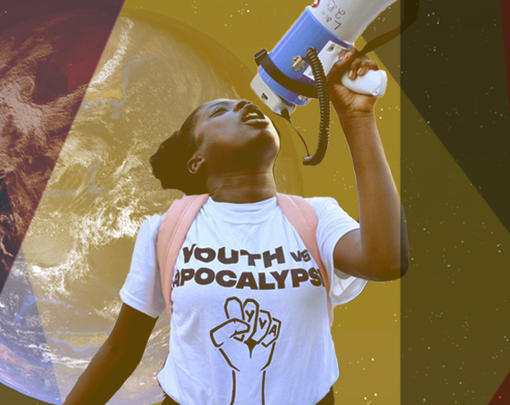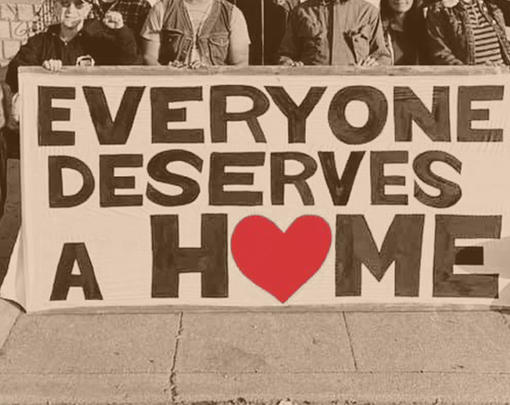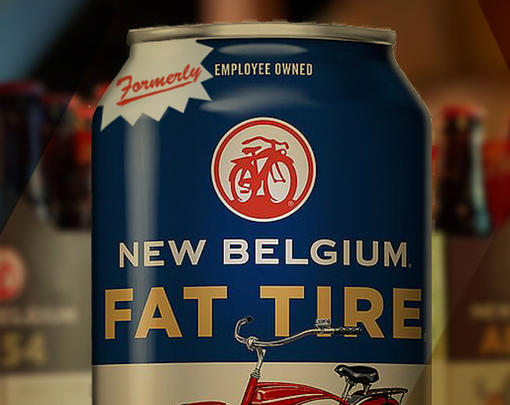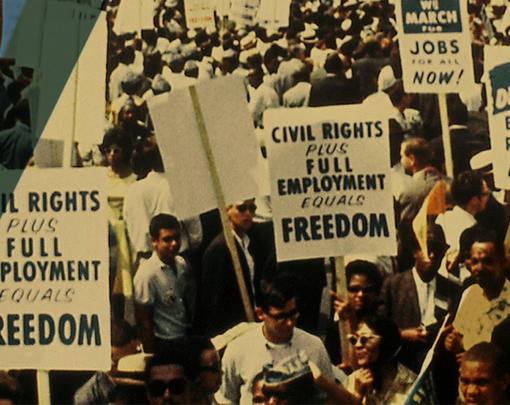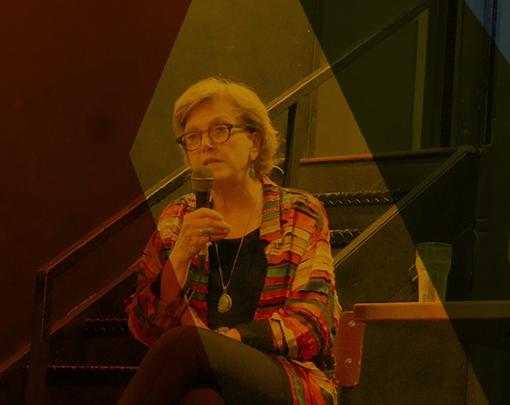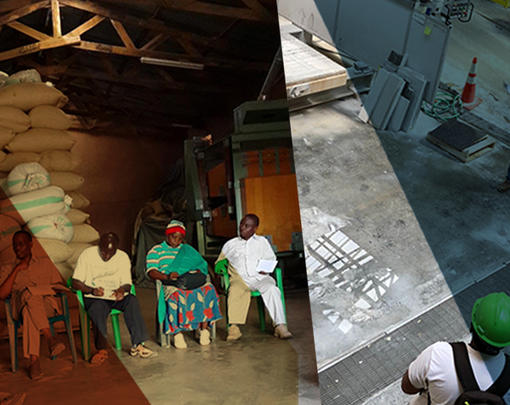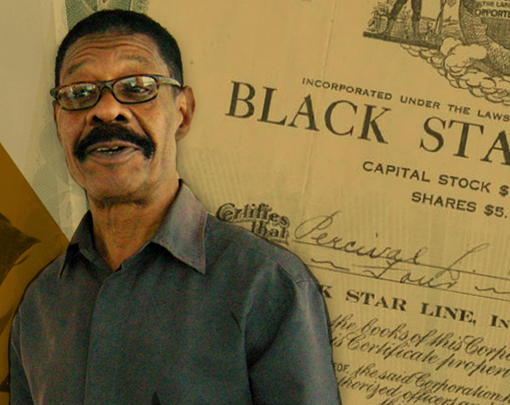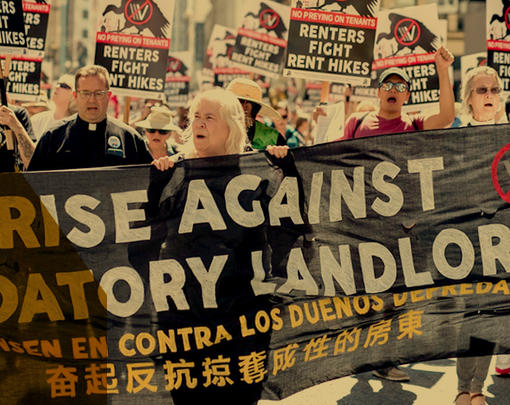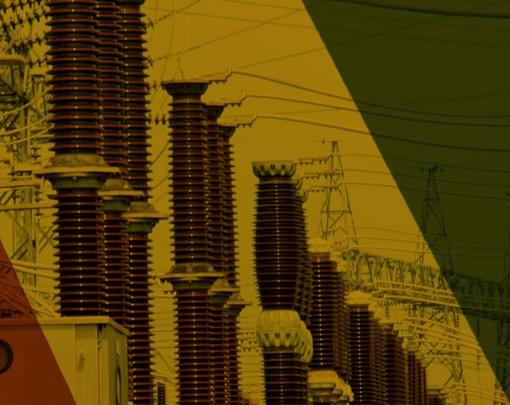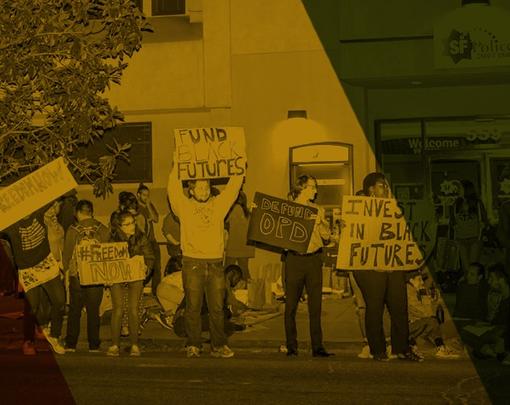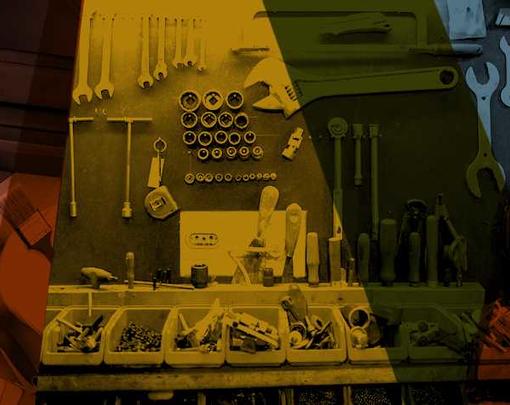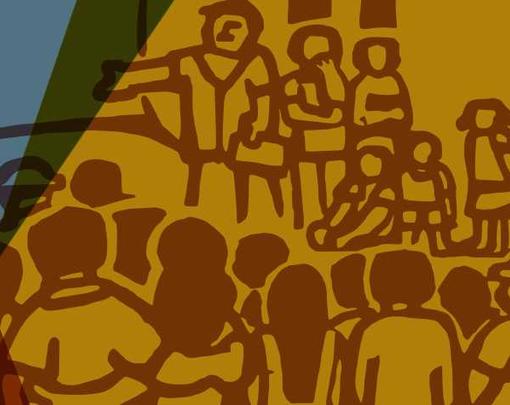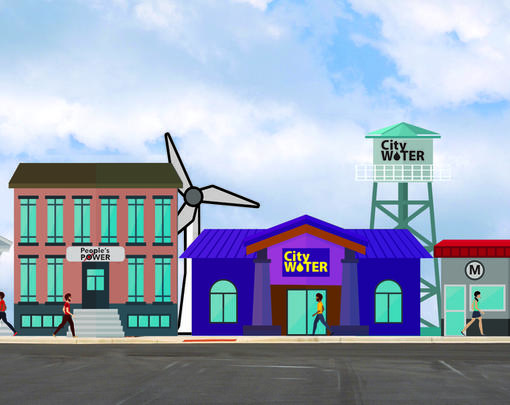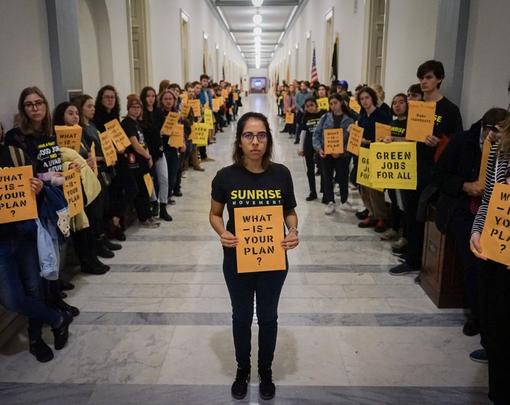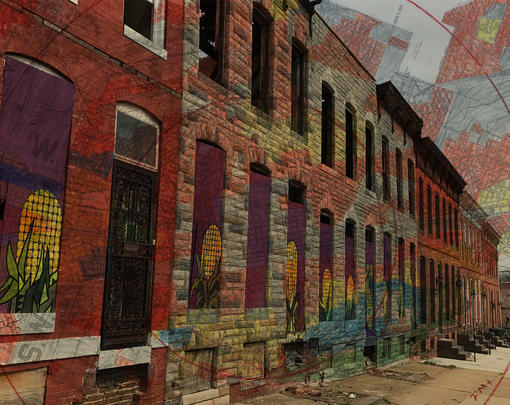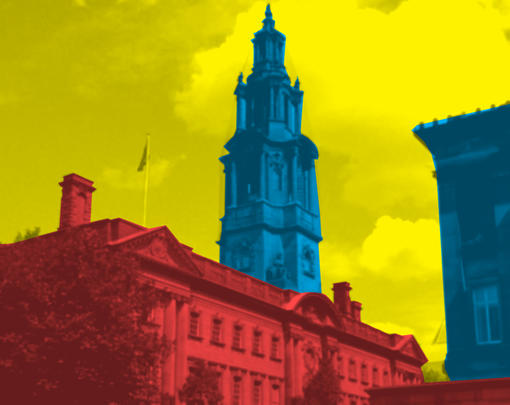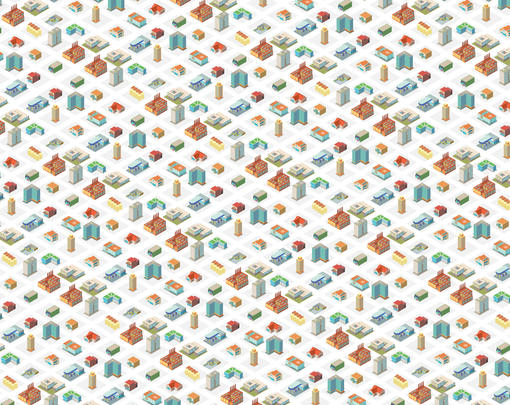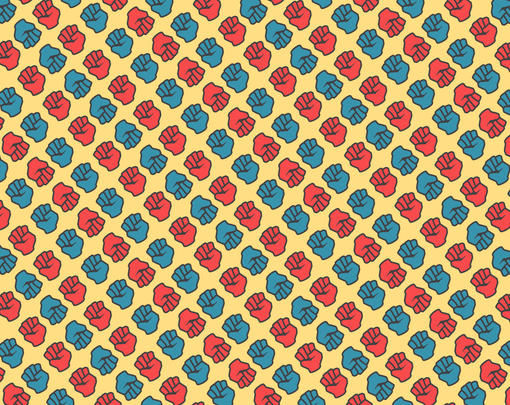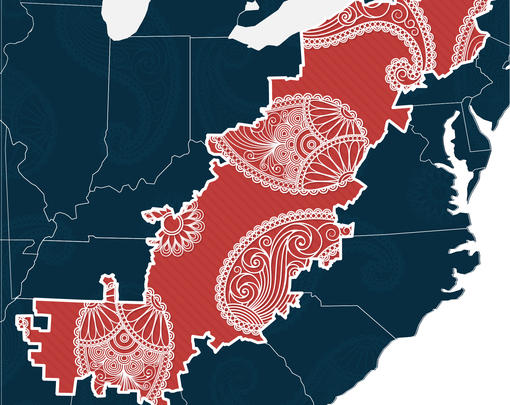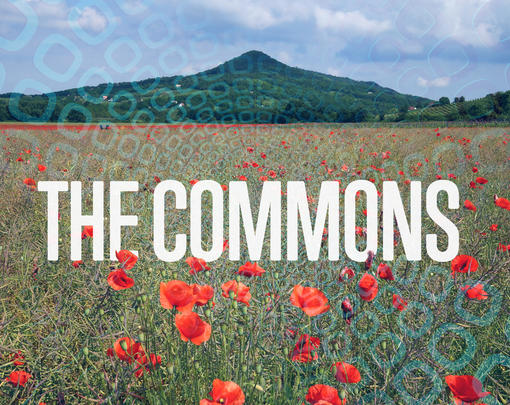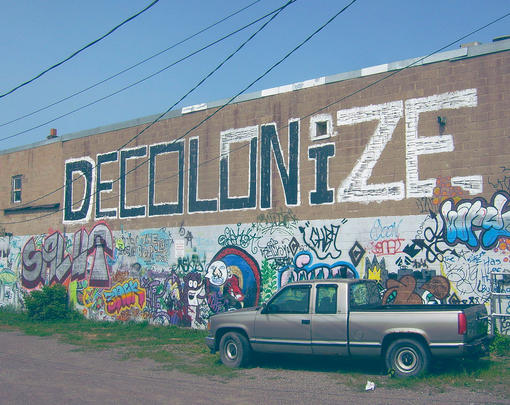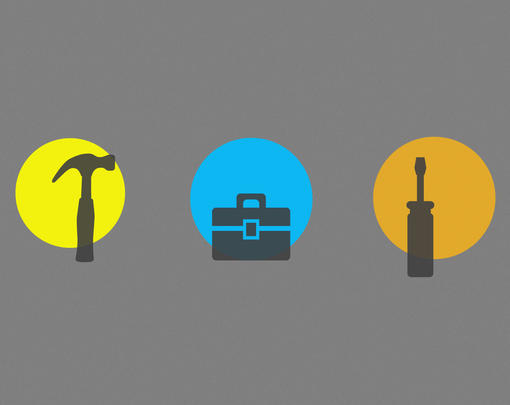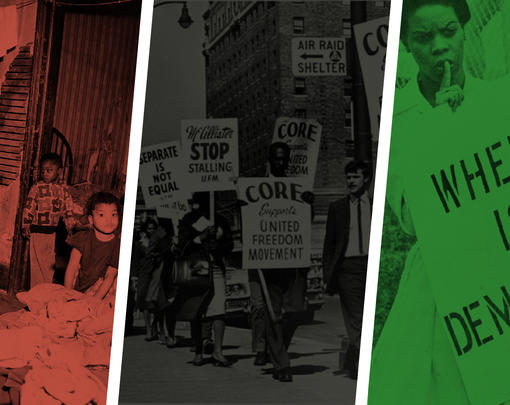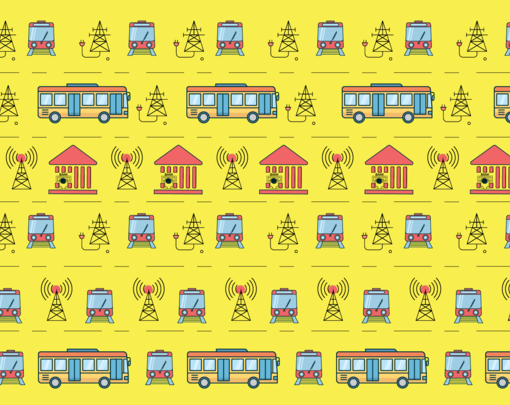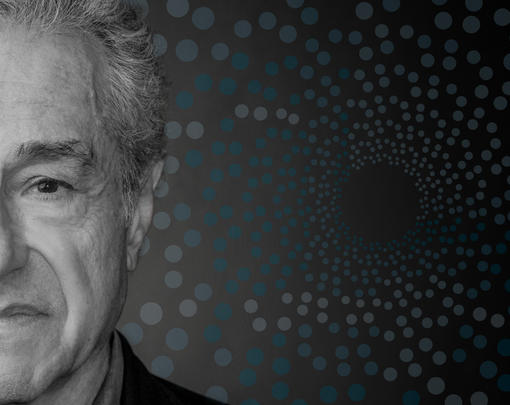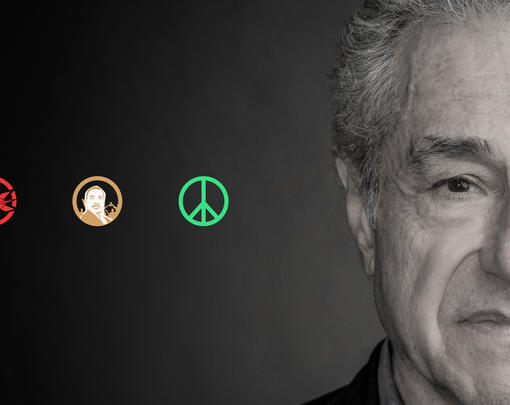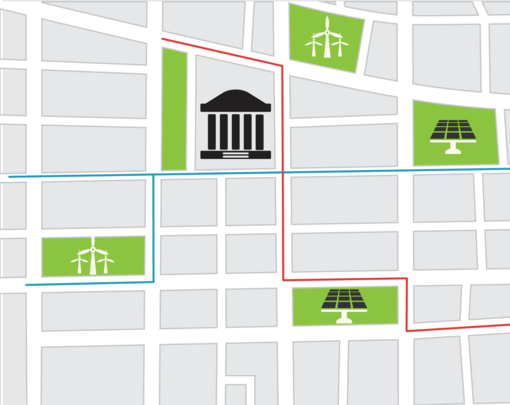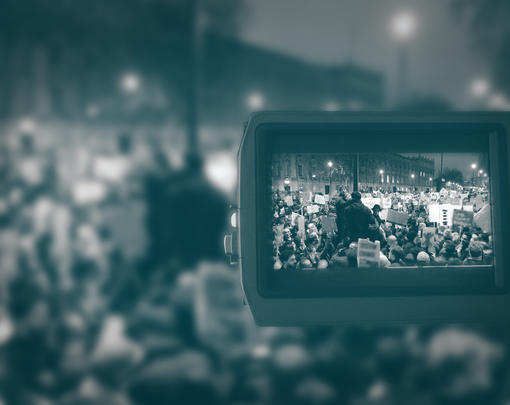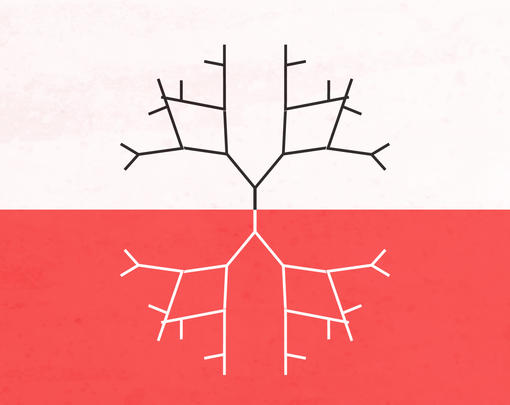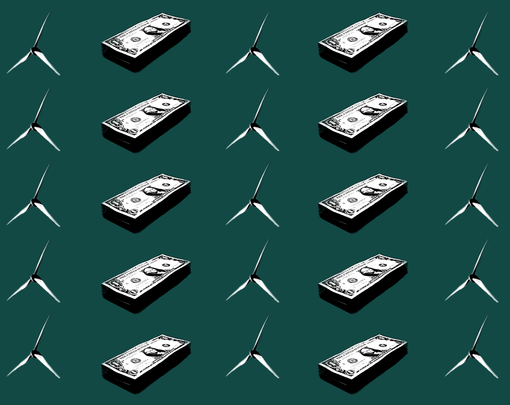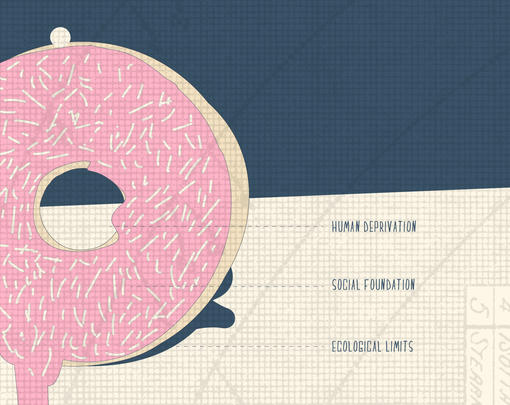In the debut episode of the Next System Podcast, host Adam Simpson sits down with the co-chairs of the Next System Project, Gar Alperovitz and Gus Speth. The co-chairs discuss what NSP means to them in the context of the unique historical moment that the United States and indeed the world currently finds itself.
The Next System Podcast is available on iTunes, Soundcloud, Google Play, and Stitcher Radio.
Adam Simpson: Welcome to the debut episode of The Next System podcast. I’m your host, Adam Simpson. In this series, we’ll be investigating a wide range of issues, like economic democracy, quantitative easing for the planet, and much, much more.
In our debut episode, however, I’m joined by the co-chairs of the Next System Project, James Gustave Speth and Gar Alperovitz. Just some brief introductions: Gus is a law professor at the University of Vermont with a history of environmental activism that dates back to his time working with the Carter administration as the Chair of the US Council on Environmental Quality. Gar is the co-founder of the Democracy Collaborative as well as a highly accomplished economist, historian, and activist with a new book available called Principles of a Pluralist Commonwealth.
So, with that, Gus and Gar, welcome to The Next System Podcast.
Gus Speth: Delighted!
Gar Alperovitz: Yes, happy to be here.
Adam: I’m glad to have you here.
Adam: So, Gar, as I understand it, the Next System Project is something you knew you wanted to do in about 2012, and later brought Gus into the project in August 2013. I was wondering what, in your mind, the Next System Project meant to you, and how did you come about designing this idea in your mind?
Gar: Well, it seemed that all along the question was the systemic challenge and whether we’d be able to legitimate a discussion about the need to change the system that wasn’t rhetorical. I tested the idea against some presidents and ex-presidents of the Political Science Association, American Sociological Association, and the Academy of Management—and surprisingly, they all agreed that it’s time for this debate. So that’s how it began to take form. We raised some additional start-up money, and Joe Guinan was hired as Executive Director. Gus and I were working on the New Economics Coalition together. We both were on the starting board of that.
And I think it was at a retreat where Gus and I were chatting about this, and I knew Gus had written a book basically on how to change the system in one form or another, and I kind of thought, “Oh, if Gus would come play, we’d really have an interesting way to take this forward.” With me on the economics side and Gus on the ecological and environmental side, we might be able to broaden this project into a real legitimator. And the goal has been to start a debate, not to push our particular views, but to legitimate the debate, and I think that’s been particularly spectacular in the series that Gus has been managing detailing alternative systemic models.
Adam: And Gus, what was your initial reaction when Gar pitched you the idea of the Next System Project?
Gus: I think my initial reaction is, “Oh my God, what am I getting into?” But, as Gar reminds me, I signed up quickly because I had thought about a project that was focused around that theme, but when Gar mentioned it, it seemed like the perfect way to spend the next three or four years of my life, and it’s been very fulfilling. I’ve had a wonderful time working on these issues, and I think I came to these issues through sort of the environmental door. You could come to them from a dozen different doors, but mine was in seeing that the system we were trying to make progress working within was at war with us, and if we really wanted to make sustained progress on environmental issues, we had to step outside of the system and start trying to change it.
Gar: The other piece that’s important is that we had really run out of 20th century ideas. The socialist model, so far as we knew it, was falling apart right before your eyes, and the corporate model was falling apart, so either we could actually get serious developing and debating what makes sense or get stuck in the old paradigms.
Adam: And when we talk about “systemic challenges and systemic crises,” how do you define what amounts to a systemic crisis?
Gar: Well, I think, my starting place is values: equality, democracy, liberty, ecological sustainability, and a peaceful world. Does the system that we are building and living in promote those values? And, if not, what would be a system that actually nurtured and supported and promoted those values look like, rather than always having to struggle to hold back the pressures in the wrong direction.
And then the next question is, what’s the institutional design? It’s like an architecture problem. If you stand back from it, what is the architecture that we’re looking for to most produce these outcomes?
Gus: We had a poll come out during the recent 2016 election campaign that said that 70% of the American people thought that the economy was rigged against them. You know, that’s a very small step from saying that the economic system is rigged against them, which is not a big step away from saying that the system in general is rigged against people. So we think there’s a way to talk about these issues that could reach a very, very large audience. The audience is predisposed now to think in terms of the system being rigged against them. And then we were working away, and along comes the Pope and his encyclical, which seemed very supportive. And then along comes Bernie Sanders, and starts saying some of the things that we thought should be said. And so I think we have a base on which to reach a large audience.
Gar: And, I might add, along comes Mr. Trump, who I think is creating an openness amongst people who are not happy with what’s happening and seeking an alternative that’s not stale and decaying. The times are calling forward out of pain—something’s wrong. And the question is, how do we get beyond rhetoric to begin to talk about where we go?
I work in paths. I’m a political economist and an historian, and I often say, ‘historically, systems come and go.’ They are not things that last forever. We have to get out of ourselves to recognize that, but as Gus was saying the times in this country have opened up. I’m from Wisconsin, I always think of these Iowa housewives who call themselves democratic socialists. When I was growing up, was a word that you couldn’t use.
But whatever it’s called, people seem to be open to talking about bigger things because of the pain levels and the failures and the climate problems and so there is a recognition that something’s really wrong that we need to deal with.
Adam: It’s interesting because you mention, you know, we’re looking for alternatives, and in a lot of ways, part of Trump’s narrative was that he was an alternative to someone who was an insider, like Clinton. And even now, we’ve seen some constituencies that he rode to power on seem to turn against even his diagnosis of the economy and his proposed solutions. If 70% are skeptical of the system, that’s pretty bipartisan. That’s a pretty good level of consistency. How do we shift that momentum toward not just defending against Trump’s initiatives but also moving the process of change forward?
Gus: Well, I think that’s happening around the country, in many, many locales, and people are experimenting. People are bringing the future into the present in their communities. I think we could play a role with others to help demonstrate that this phenomenon is occurring, that positive things are happening, that the alternative is being built. We could do more, I think, to help project a positive policy agenda that others could look at and make use of.
And I think that a lot of this is aimed at the 2018 political campaign, and then the next presidential election, and those efforts are going to have to have a positive message. It’s one thing to sort of go out and campaign against Trump, and that in effect is what Hillary Clinton did, almost exclusively. But that’s not going to win Congress back for the progressives, and they’re going to have to have a positive message, and I would like to think that what we’re doing can facilitate that.
The related piece where we try, at what level—partly, it’s a question of what do you want? What makes sense? There’s questions of theory. What is it, if you don’t like socialism, you don’t like capitalism, you don’t like communism, what is it and what’s it look like and what’s the design? And what we’re finding is that people are open to that question if you drop the rhetoric and talk about practicalities.
The other piece is, what’s the process that gets us there? We’ve been kind of stuck in a two paradigm. It’s either revolution with explosions as the only way to change the system, or elect this Congressman and he’ll tinker around the edges. And I think there’s a third route, and that’s what’s really interesting, which is building it as you go.
So, for instance, in Philadelphia and in Santa Fe now, they’re setting up city banks, publicly-owned banks so that you can do community development with public banks. We’re seeing worker-owned cooperatives developing illustrations of different ways to do business. We’re seeing people developing land trusts to hold down housing inflation.
These are pieces of a puzzle, and one of the other things we’ve been doing is trying to develop lots and lots of these practicalities that can be built step by step. Reconstructions rather than explosions; a process that people can take on locally, and I think that’s been missing in this dichotomy that’s been there. The third way is really an important way to think about how you build the future.
And Bernie helps us with that as well. There’s a Bernie group in Virginia that we’ve been talking to that wants to do a whole training program. All these things that are happening in different parts of the country. It’s partly a problem with people not realizing how much is already being done that they could do, and part of the Next System Project is trying to just spread the word on what people are doing.
Gus: Complementary to that, it’s a fair prediction that there will be ongoing string of crises and calamities—unfortunate though they may be—that will provide organizing and action platforms. We’ve had several in the recent past, and you can envision some unfortunately some really bad things happening on the climate front now, social conditions in the country could easily deteriorate even further, with things like the Trump budget, and we could find ourselves enmeshed in international crises of a variety of types, there could be another crisis in the financial system. Things haven’t really changed there for the better, so I’m afraid that we also should be crisis ready. We should have our act together for how we respond when people are driven to become aware by external events.
Gar: I sometimes remind people that the United States government nationalized General Motors, Chrysler, AIG (the largest insurance company in the world), and several big banks in the last crisis—and under a conservative government. So, if you think about that, it’s an extraordinary phenomenon that these big, big corporations were nationalized, how the politics afterward didn’t know what to do with them except give them back at a good price to the original owners. But you know, we may find ways to have worker or community participation in ownership structures in cases where it’s public money that’s going in there. Crisis opportunities may offer some really interesting models that we could build at those moments. They do happen. They have happened regularly, and we haven’t been ready with a positive answer.
Partly what we’re trying to do is develop concrete responses as well as envision an architecture.
Adam: There strikes me to be a sort of continuity of systemic crisis here when we’re talking about how there were people looking for an alternative, whether it was Bernie or Trump. People were looking for some way to escape what they viewed as “the establishment”. I don’t think anyone here will debate that Trump is not a good outcome, but what do you see as particularly new in terms of the crisis we’re facing, and what seems to be rather ordinary about the kind of systemic crisis we’re facing?
For example, I was recently having a conversation with Joe Guinan, the Executive Director of the Next System Project, and he reminded me that American workers hadn’t had a raise in wages since virtually the 1970s. There’s a continuity to the problems we’re facing, and I’m wondering what you view as new and unique about this historical moment, and what seems to be “business as usual”?
Gar: The thing that strikes me is, we’ve had a dichotomy between reform and revolution. That’s the way people have thought about change. Either we’re going to get rolling improvements here decade by decade, or there’s going to be a big collapse, some explosion. And I think we need to think of this as a time when neither of those happens, where pain levels grow, but the system doesn’t collapse. It’s very unusual, but it forces people to think, opens them to ideas, opens them to experimenting and developing the content of their politics. Can we set up a city-owned bank, as in Philadelphia? Can we do something with worker ownership? Can we do something for the next crisis?
We have time to develop ideas and programs and projects, whereas collapse doesn’t give you that and reform remains superficial. It doesn’t change the trend levels. We both worked in the government, at different levels. You get reforms that don’t change the trend often. What we’re looking for is big changes in trend. Outcomes of income distribution, climate change, et cetera where the trend changes.
Adam: Gus, I know you’ve written about non-reformist reforms as one approach to system change.
Gus: I think that we have seen a lot of that happen now in actions that look modest and small, and particularly about community developments, but are really putting models out there for long-term, big change. I think another area, is that we should be attending more to is indicators. We certainly need to move beyond GDP. There’s a huge intellectual consensus that this is a wrongheaded measure for most of the things, and if we ever really got a system of national accounts and national metrics that measured things that people really cared about and wanted, you know, I think it would be, that would be the classic non-reformist reform because I think it would change things dramatically if every time the GDP number came out there was another number that came out with it that was a measure of sustainable human well-being. And studies suggest that it’s hasn’t grow for decades now, that it’s going downhill in many respects.
So one thing to think about in terms of change, I think the general pattern would be that we will lose time in this interim of Trump, and as Gar was saying, the pains will increase in many ways. I think what that will do is set the stage for stronger action down the road, bigger actions down the road than were originally contemplated.
And one area that we have talked a lot about in the Next System Project is, what kind of climate actions are going to be needed after we waste critical years with doing nothing? And there are some fascinating, big idea proposals which would involve changing the system that will become far more plausible.
Gar: There’s one area we really should spend more time on: the military and the interventionist tendency that occurs in the system. We have resisted these questions. The attempt to use bombing, or intervention with troops that seems to be recurrent for most of the post-war period—often without Congressional authority in many cases—or deception, as in the Gulf of Tonkin resolution, and the question of going into Iraq for nuclear weapons that didn’t exist.
Opening the question of how we engage with war and peace and intervention is on our agenda. We know something about it, but we haven’t concentrated our work on that, and I think we need to do more. As we’re seeing right now, the president can use authority that he probably does not have without congressional authorization to launch strikes in different countries. It’s been important in both Democratic and Republican administrations that this be reassessed.
Adam: I don’t know far down this rabbit hole we want to go right now, but it seems to me that it does raise certain systemic issues. It seems very transparent that certain strikes may have had something to do with domestic concerns about this or that scandal that the president was involved in. It seems to me that our intervention in the world is very much tied to the way the government subsidizes certain businesses (notably, the defense industry) which isn’t altogether separate from our work on economics and systems level changes.
Gar: One of the ways briefly to say it is that we have an expansionary system that has generated interests around the world, partly related to global expansion of corporations, in earlier times informally working with the governments we like, as in Egypt, that will or will not accept us. Don’t oversimplify that. But I think the next system must develop systemic designs that aren’t imperial. My introduction to this was to use nuclear weapons. I wrote a book about Hiroshima long ago, which drove me to some of these questions of how the system produces these kinds of outcomes.
Adam: And, for my final question, I want to ask about what you think it means to kind of view these crises from a systems level. I feel like a lot of the debates that go on in American politics tend to be: should this behavior be criminalized or not? Should we raise taxes or should we lower them? Almost parochial issues at times. Obviously, we’re not blind to the effects of these issues, but what do you think it means, in your minds, to look at a problem at a systems level and try to come up with solutions at a systems level?
Gus: Well, one thing from my point of view, as someone with an environmental background, looking at our situation from a systems perspective utterly changes the environmental agenda, the definition of environmental issues, and the issues that environmentalists take on and become active about. Because if our environmental challenges are in fact artifacts of a system, we need to understand what aspects of the system are yielding these consistently negative results and change them. And, in fact, change the system.
And so you get into issues like the motivational structure and the nature of business enterprises. Our core values as a society, who determines investment, the course of investment decisions, who is making those decisions about where society is investing its resources, and on and on. And those are fundamental issues that are really at the root of our environmental problems today. Gaping inequalities, the corporatocracy and plutocracy in our political system, these require deep systemic changes if we’re going to deal with our environmental challenges.
Gar: Both Gus and I come out of the progressive parts of the liberal movement, but I think another way to say it is if you see long trends, 10, 20, 30, 40-year trends where income distribution gets worse, climate gets worse, incarceration gets worse, particularly for Black and Hispanic Americans… Many, many trends that don’t change or get worse, then you know there’s something wrong with the politics that simply tries to poke around the edges. That is deep. It’s in the architecture of the system, and that throws you back to the questions “what makes sense”, and then “how do we take the first steps”?
It also throws you back on remembering systemic change is very common in world history. It’s not unusual. We haven’t experienced it in this very rich country, but the idea that somehow we might change the system, which is daunting at first, actually begins to be something you see historically. It happens all the time. I sometimes say it’s as common as grass in world history, and it would be surprising if our country didn’t find a way to address these painful trends in a way that goes beyond the traditional reforms that haven’t been producing trend change. Which means, somehow, redesigning and building from the bottom up a different kind of system.
Gus: The idea that there is no alternative is pure bunk.
Adam: Well, I think that’s a great place to close.
Gar: That’s our motto!
Adam: That’s all the time we have today, but be on the look out for episodes with Gus and Gar one-on-one. We’ll be talking with Gus about his individual perspective on system changes, discussing his latest work on what he calls “the joyful economy,” and then speaking with Gar individually about his new book, Principles of a Pluralist Commonwealth. Give us a like, a share, leave us a review, and we’ll see you next time on the Next System Podcast.
Thank you again, gentlemen.
Gar: Thank you.
Gus: Thank you.




